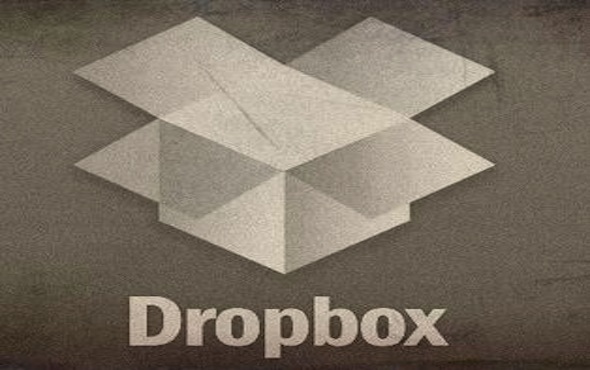
Why The Cloud Isn't Going Anywhere
Please note: This title was not created by DriveHQ! Overlooking the incredibly exaggerative title, the author actually brings up many valid points that we feel are worthy of addressing as a cloud solution provider; and many other points that are hevily misunderstood within the cloud industry.
Giving credit where it's due
Despite the numerous issues I had with this article, the concerns regarding security are not only normal, but necessary when you are determining how you will store your sensitive material (especially for business).
...the public and IT managers alike now increasingly hold organizations accountable for the security of data in the cloud
Well that is sort of the point, isn't it? As the cloud industry continues to grow, cloud providers are taking on more responsibility when it comes to built-in safeguards or data protection features. We see this with the debates (NSA) of client and server side encryption, as well as many features that assist you with security such as file versioning, deletion recovery, file locking, and much more. These features can all be found in a variety of cloud service providers, but are nearly impossible to implement for an in-house solution unless you have a fulltime IT team. So far, the security within the cloud industry, while many speed-bumps have been hit, has been steadily improving with each problem faced by any given provider. Can the same be said for in-house solutions?
IT buyers, especially in Europe, are taking a dimmer view of any cloud-computing assets located on American soil or owned by American
providers.
Do I need to say it? Duh. IT admins in Europe should absolutely be trepadatious about trusting their data with a US cloud provider. Nore than the happenings of the NSA, cloud means servers, servers means geographically dependent. If you are a european MSP and care about top-notch speed more than you do management capabilities, security, collaboration, etc, then you should definitely not go with a US provider -- regardless of how great their security is or how much revenue they've collected. But people usually do not migrate to the cloud because they want to improve speed.
the cloud cannot be secured and therefore cannot be trusted.
I'm sorry, what was that? There are a bunch of cloud security experts that would really have to re-think their careers if this were correct. On the contrary, there are many, perhaps unlimited, and definitely more than with in-house solutions, ways to secure cloud data. Cloud security implementations include: Encryption (client/server), Multi-layered redundancy, File Versioning, File Locking, Data Recovery, SSL/ADI, AES/SAS 70, SSAE 16, and so many more that are unique to certain providers -- the majority of which would not even be possible with most standard in-house solutions. Moreover, the point must be made that this is only the beginning; if the past two years of advancements are any indication of what the future holds, there is no doubt that the cloud service industry is going somewhere
Better to lock things down as tight as possible inside one's own data center than to trust your business, personal data or reputation to a nebulous
cloud..
This is a very dangerous statement -- if IT admins read this and have never managed their own data centers, they might think that it is simple and far more economically viable than a public cloud soultion. This could NOT be more wrong. Creating and maintaining your own data center requires not only a great deal of know-how, it also requires a stable, conditioned facility, and a group of IT admins to perform updates and security checks. Moreover, you will not have the multi-layered redundancy as you do with cloud providers, so if you are hacked or your office burns down, you can kiss your data goodbye; and will have no cloud provider to save you or to blame.
This article written by Microsoft Research does a great job of breaking down the various components that are envolved with having your own personal data center. When you add together servers, infrastructure, power, cooling, agility, you could very well end up paying thousands of dolloars every month for a solution you could have gotten with a cloud provider for a fraction of the cost. Are there advantages to having your own servers? Absolutely, there is no question about it; but the author assumes that each IT admin reading this has the resources of a fortune 500 organization. Clearly this is not the case, else every business would have done this in the first place.
Looked at through this lens, the cloud could be poised to go down in flames like so many hot tech concepts that preceded it (think SOA, ASP, buying pet food online).
Yes, he really did just compare a 100 billion dollar industry to SOA, ASP, and buying pet food online. These tech concepts together never amounted to even half of what the cloud industry is currently at. It is true that many tech ideas do not come to fruition - but please, be more reasonable when you try to make your argument
the numbers tell a different story: According to IDC, public cloud service alone will hit $107 billion in 2017.
This point was brought up defending the current trend of the cloud industry, but the fact that it is linked to a report that is more than a year old is just baffling. If you look to new reports given on the cloud industry, we see that the cloud industry has already passed this $107 billion mark, and is set to pass $121 billion by next year!














0 Comments